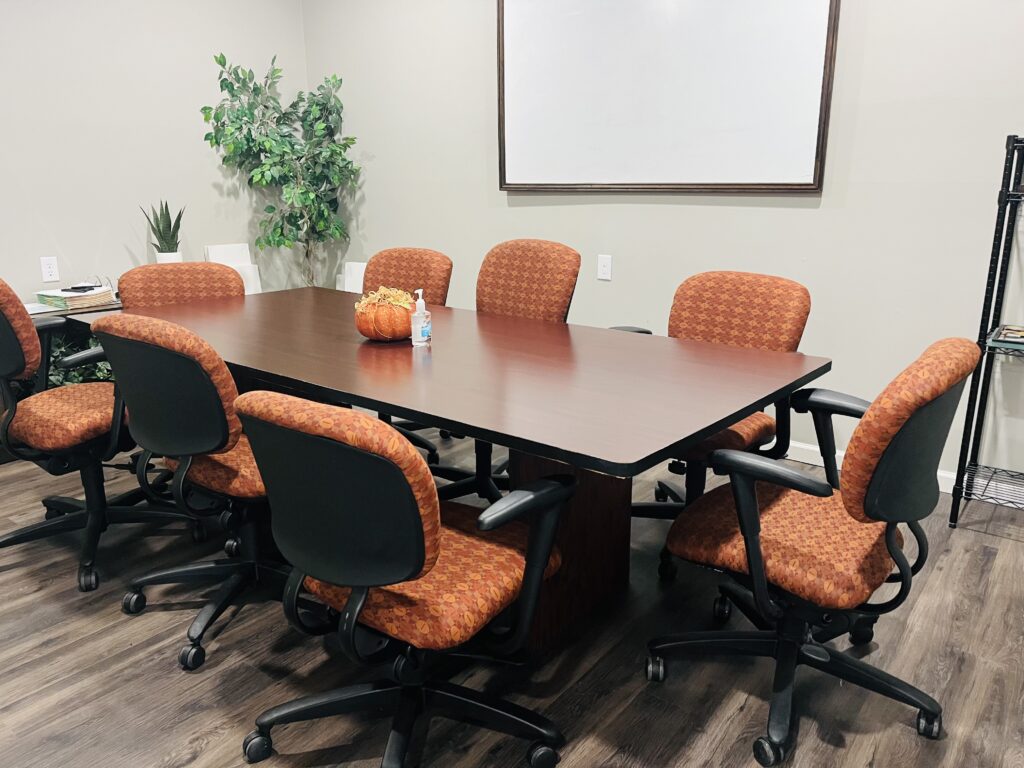INTENSIVE OUTPATIENT PROGRAM (IOP)
Get Started TodayContact us today to start your journey!
Our Intensive Outpatient Program (IOP) in Frankfort Kentucky is designed to support your transition into a healthier, substance-free life while reintegrating into your community and family. Our goal is to equip you with the tools and skills needed to navigate daily challenges and stressors without relying on drugs or alcohol, empowering you to build a strong foundation for lasting recovery.
An intensive outpatient program (IOP) is a structured form of outpatient care that offers at least 9 hours of services per week. Most IOPs provide a combination of individual counseling, group therapy and medical appointments.
If you’re in an IOP, you will likely spend several hours at a time in treatment, several times per week. For example, you might attend treatment three evenings a week in three-hour blocks.
How do I know if IOP is right for me?
- My drug/alcohol use has made my life unmanageable and I can’t be away from my family or work.
- My job won’t allow me the time off to go to a residential program and I need an affordable option.


How long is the IOP drug/ alcohol program?
- Phase One of the IOP drug and alcohol treatment program is 12 weeks.
- Individualized treatment plans will determine how many phases of treatment that you may need to attend.
What is the cost of attending the IOP drug & alcohol treatment program?
We are in-network with all major commercial and Medicaid plans. There are also affordable self-pay options are available based on your individual needs on a household income sliding scale basis.
IOP In Frankfort Kentucky
The cost of residential drug/alcohol programs in Kentucky can be $15,000 or more for a 28-day program. IOP care at CommonHealth Recovery can be an affordable and effective alternative for families without insurance or modest incomes.

Health Insurance
Services may be covered in full or in part by your health insurance or emploayee benefit plan. We accept Medicaid and other commerical plans.

What are the benefits of attending the IOP drug & alcohol program?
- Manage the day-to-day challenges of you life without drugs or alcohol.
- Transition into healthy and safe relationships with your family and friends.
- Learn recovery skills that can be applied to real-life settings.
- Meet court-related goals.
What is the IOP program schedule and setting?
- IOP is scheduled every Monday, Tuesday, and Thursday of each week from 9:00AM to 12:00PM.
- Two ten minute (10) breaks will be given, evenly spaced apart during each 3-hour IOP session.
- Clients meet in small groups and one-on-one with counselors.
- Meetings are relaxed and informal.


What will I learn in the IOP program?
- Planning for Sobriety.
- Skills for Reducing Stress.
- Relapse Prevention.
- Anger Management.
- Spirituality.
- Emotional Well-Being.
- …and much more
Where is IOP located?
- IOP is held virtually via Zoom Telehealth. Clients obtain a link to join the virtual zoom group each day the program is scheduled.
- The entire enrollment process, including the IOP program can be completed virtually. Contact our office if you have enrollment questions.
- Have a question? Call us! (502) 661-1444


Can I participate in other services?
Yes! Clients may also participate in other CommonHealth Recovery services while attending the IOP program.
How do I get started in the IOP drug & alcohol program?
A phone call to a caring staff member will guide you through the process:
- Intake interview.
- Develop your individualized treatment plan.
- Start attending regular group meetings.
Get started today!









